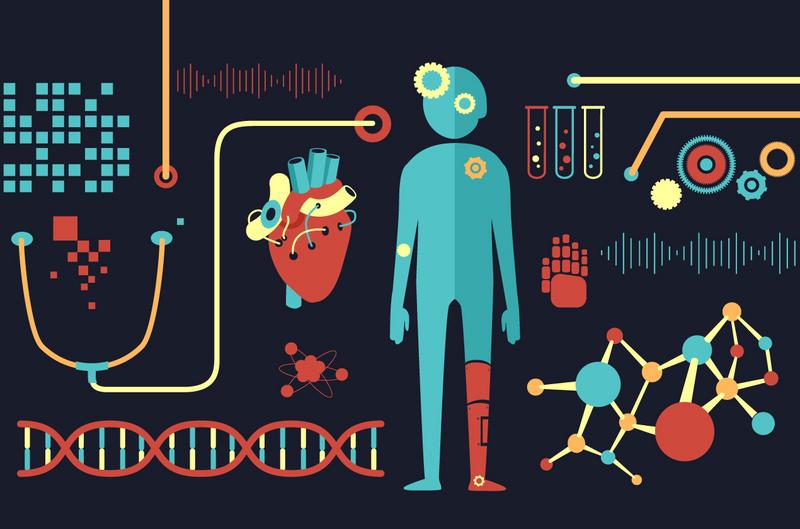If you’re a student that wants to give back and is looking for ways to change the world for the better, finding a fulfilling career that allows you to be the best version of yourself is important. The college degree you choose today has a ripple effect on your future, influencing how your career can help you feel personally and professionally satisfied. It’s important to land a job you enjoy doing; something fulfilling or a way for you to give back to society while you work.
Students, high school through graduate, that are interested in changing the world for the better should also consider volunteering. From volunteering at your local animal shelter to joining the Peace Corps, strive to find ways to make the world we live in a better place while going to school. You can use this experience on your brag sheet (or student resume), in essays, or in your resume.
There are degrees designed for socially conscious students—even master's degrees and internships for today’s do-good students. Not surprisingly, many of these are STEM degrees. If you are an undecided student looking for a college major, we have listed the best bachelor of science degrees and master's degrees for students that want to make a difference.
According to Degree Query, these five degrees are considered some of the top college or university degrees for changing the world:
- Anthropology: Considered a liberal arts degree, this major is for students that love to understand the world we live in better, gathering clues from our past and using history to grasp how humans and society have changed. Anthropologists study the origin, development, and behavior of humans. An extensive portion of this study is to fuel humanity to encourage positive social change and avoid repeating negative history. The U.S. Bureau of Labor Statistics reports that the 2020 median yearly salary of Anthropologists was $66,130. The job outlook for this science field is growing faster than average the average rate at 5% through 2029.
- Architecture: As the world population continues to grow, there’s an increased need for architects. Using science, engineering, math and art, architects work to develop safe living and workspaces. Degree Query adds, “...students will have the opportunity to learn how to design the housing solutions of the future.”
The median yearly salary of architects in 2020 was $82,320, reported by the U.S. Bureau of Labor Statistics. While the job outlook is slower than average, there has been a recent push from Americans to ensure structurally sound buildings because of the tragic Florida condo collapse in June of 2021.
- Biochemistry: Biochemists study living organisms and the related chemical, physical and biological processes. They often work in laboratories and conduct experiments to ensure the health of an organism. Some biochemists work with public health agencies, too. Through research, they can better understand chemical reactions, the cause of diseases and how to prevent them.
Many students go on to earn their masters and even doctoral degree to broaden their career. The median pay per year in 2020 for Biochemists was $94,270, according to, bls.gov.
- Biology: Biologists study animals (including humans) and how we all interact within each ecosystem. Many biologists have a passion for our planet and desire to ensure a sustainable environment for the future of humankind and all creatures. Biologists often specialize in a particular species and spend a lot of time in the field gathering research. Laura Kojima and Corina Newsome are both biologists recently interviewed for Fastweb’s Women in STEM series. Check out their interesting stories to learn what it is like to study alligators and birds and research ways to keep each species healthy.
- Biomedical Engineering: Biomedical engineers, also known as bioengineers, manufacture new medical devices and update old medical technology to help patients find solutions to health problems. Biomedical engineering students must also understand human biology to create innovative tools that work well for the patients that need them. According to Degree Query, students design prosthetics, artificial joint replacements, hearing aids, pacemakers and more. Another area of focus is the creation of computer systems and software that connects with and enhances these devices. The 2029 job outlook for this field is faster than average and bioengineers earn a median yearly salary of $92,620, according to bls.gov.

